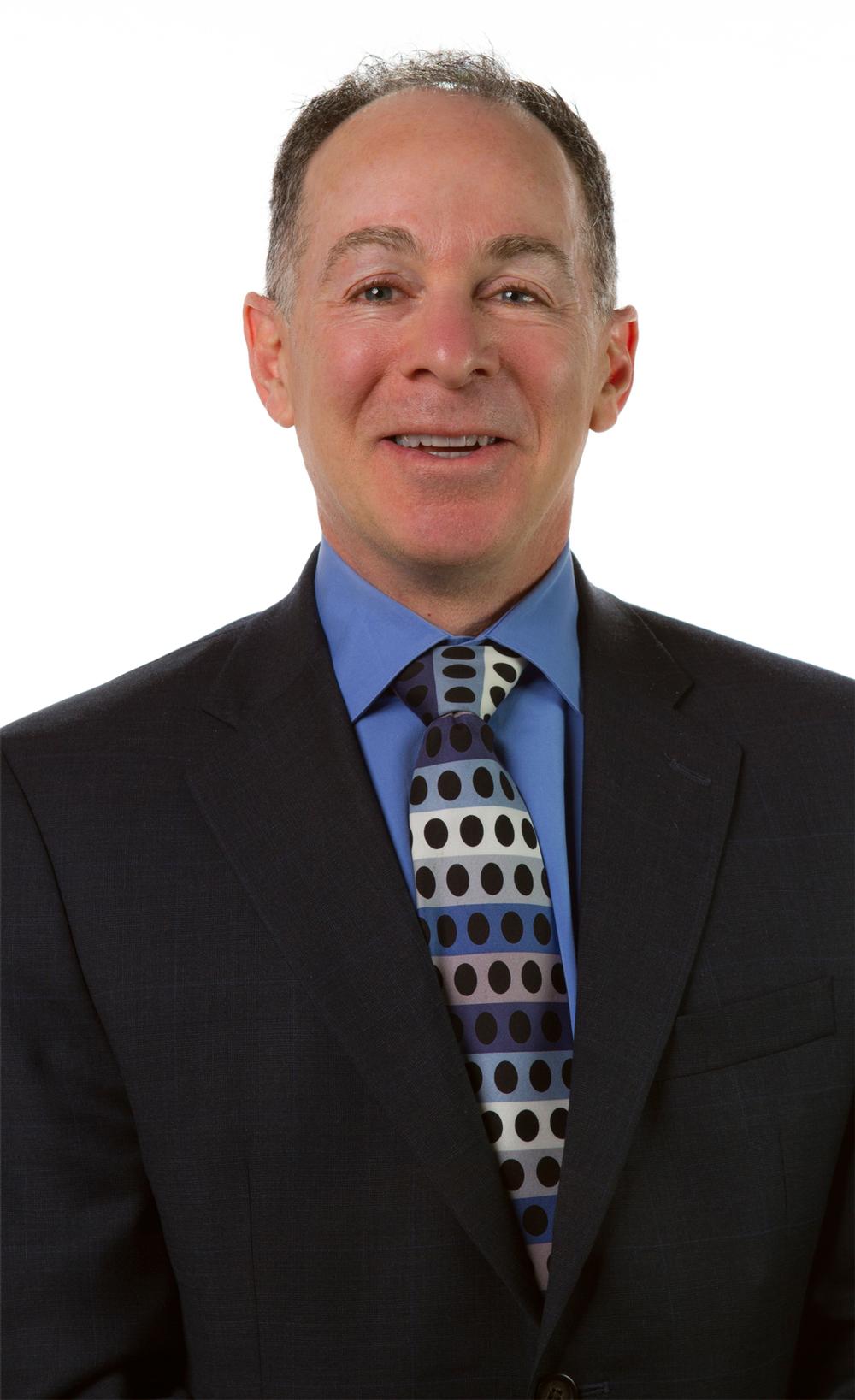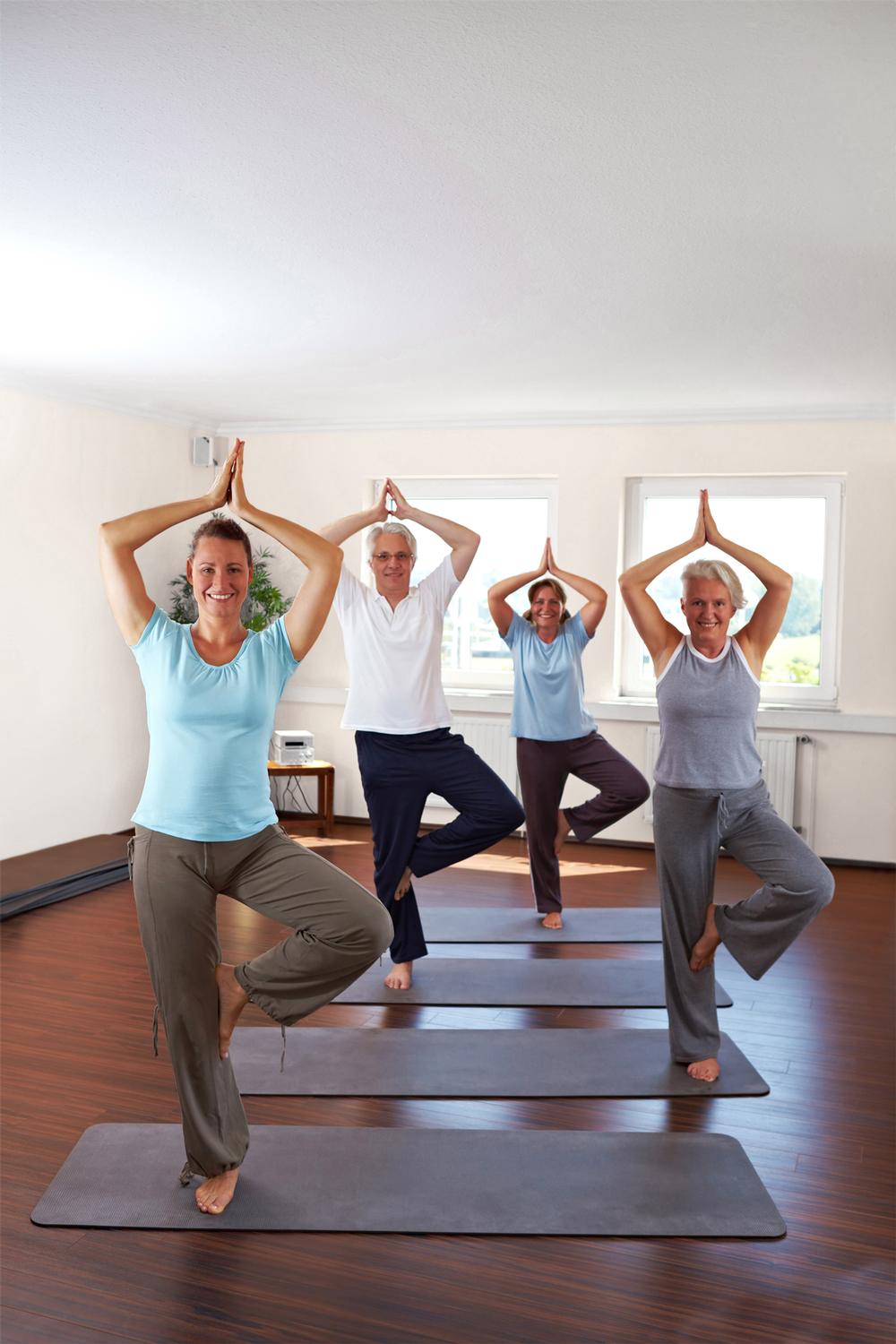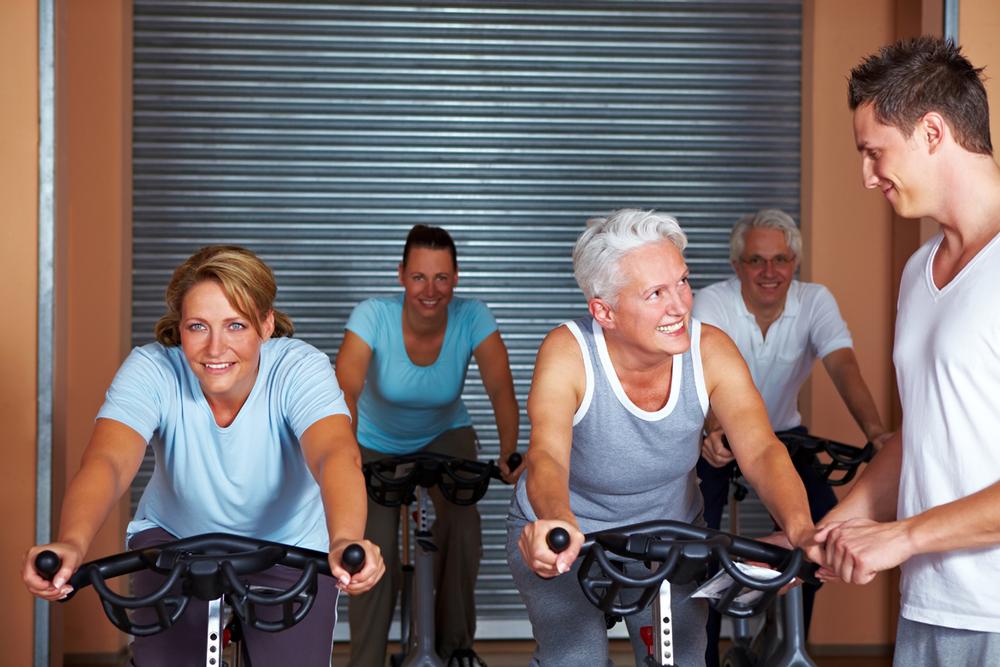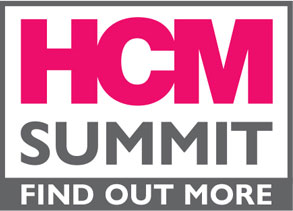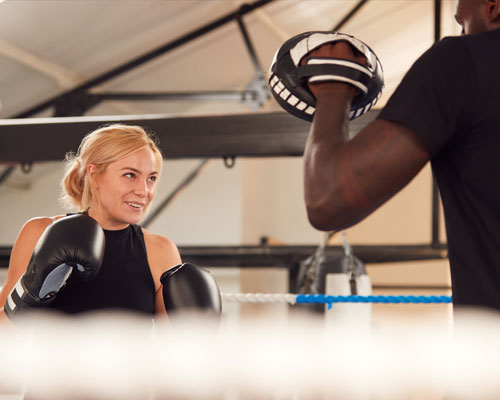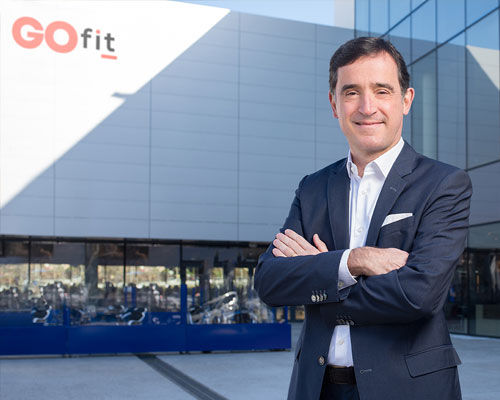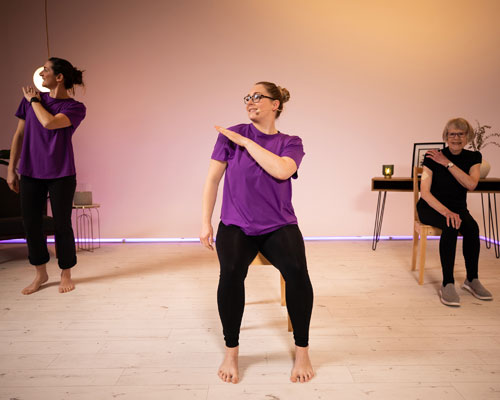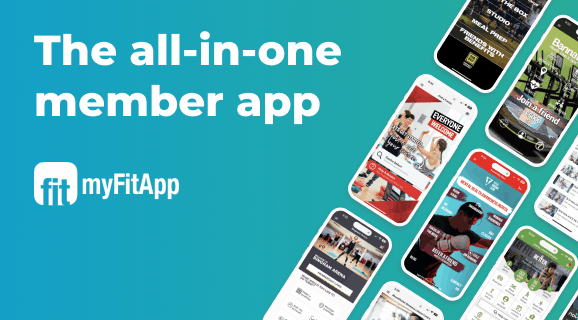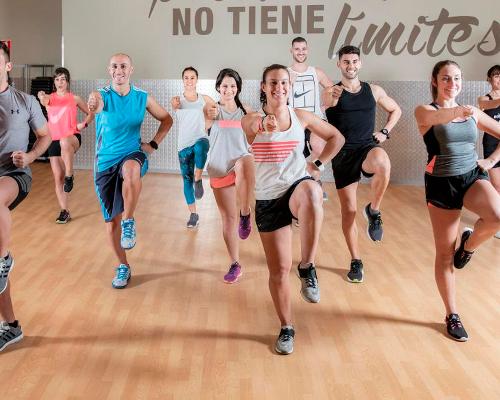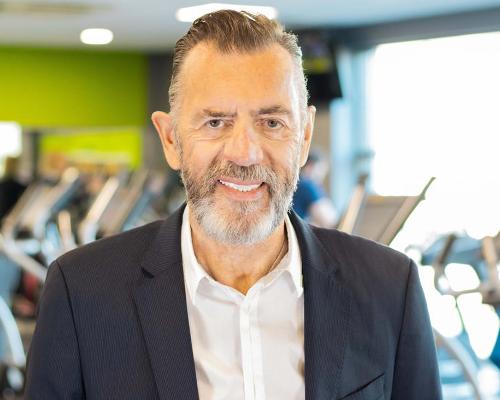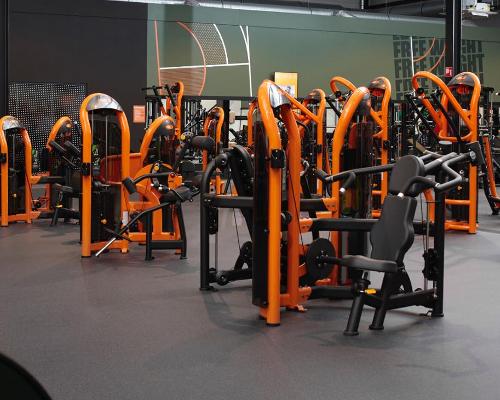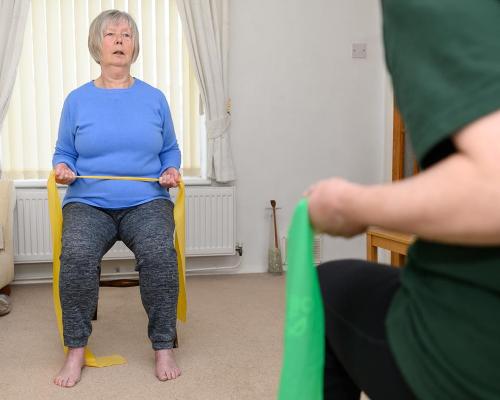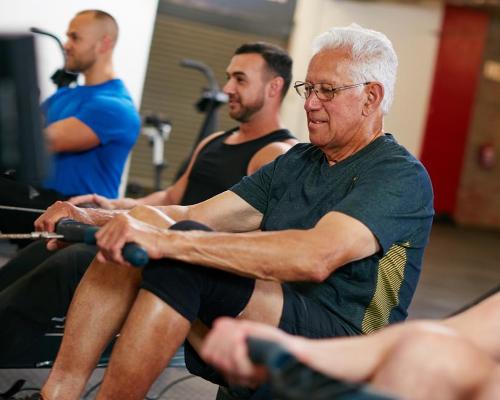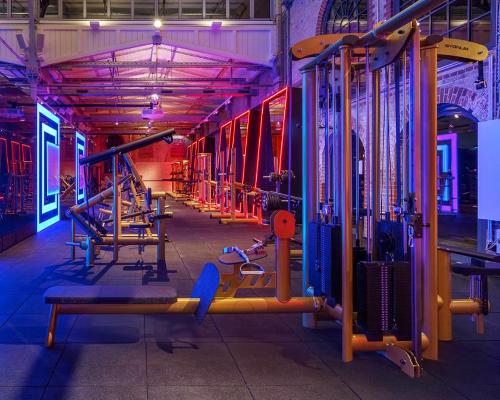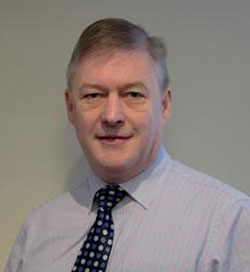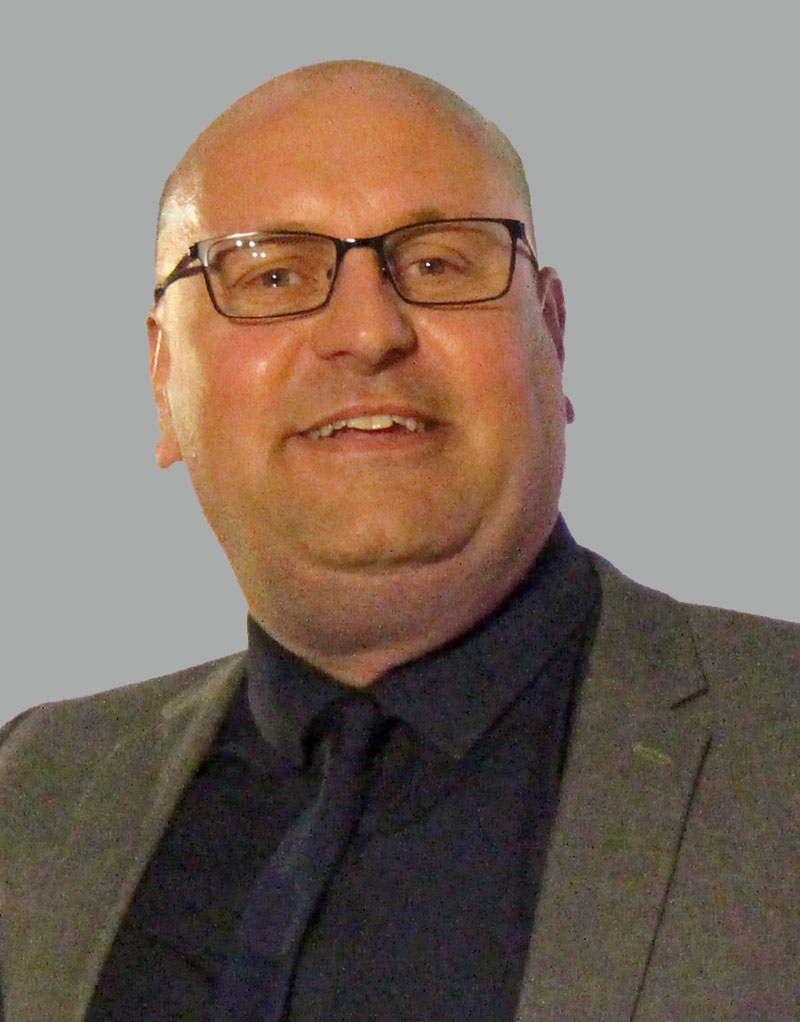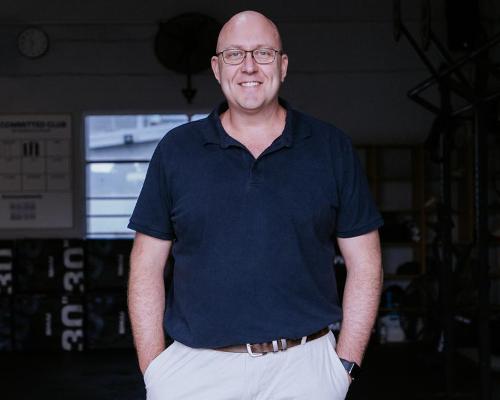features
Exercise is medicine: Lifestyle medicine
The Institute of Lifestyle Medicine in the US aims to reduce lifestyle-related diseases by training clinicians in how to prescribe exercise to patients. Founder and director Edward Phillips talks to Julie Cramer about the institute, and why health clubs should be involved with the health system
Q What is lifestyle medicine?
The whole field is about using lifestyle interventions, such as diet and exercise, as a therapeutic and preventative approach to common ailments such as heart disease, obesity and cancer. As a rehabilitation specialist, I’m particularly focused on using exercise for whatever ails you: whether you’ve lost a leg, had a stroke or hit your head, we’re convinced exercise will help you feel better.
But it’s not just about exercise – it’s how you sleep, if you smoke or drink, what you eat. All these things combined are key factors in lifestyle medicine.
Q How did the institute come to be launched?
I’m a practising physician with a background in rehabilitation, and I started writing about these things in 1999. By 2005, we’d launched an online programme from Harvard Medical School called Lifestyle Medicine for Weight Management. That course has been completed by over 2,000 clinicians around the world, from 115 countries.
Then, in 2006, we went to India to deliver a lifestyle medicine course to clinicians in four cities. Recognising the global interest in, and need for, our course, we decided to set up an institute devoted to the topic. The Institute of Lifestyle Medicine was born, based at Harvard Medical School in Boston, US, within the Joslin Diabetes Center.
Q What does your work involve?
Our main goal is to retrofit physicians with the knowledge that’s so important now, but that they never learned in med school. Highest on the list is teaching them about exercise, followed by motivation through health coaching, as well as improving their knowledge of lifestyle dangers such as stress.
We run a number of training courses and offer, among many other things, two main conferences a year, which attract delegates from all over the world.
Q Does that mean more recently qualified doctors are better equipped to tackle lifestyle diseases?
Actually it’s still not well covered by medical schools, if at all. There was a study done in the UK recently, in which over 30 medical schools were asked about their teaching on exercise and physical activity. There was a high response rate, but while all of the schools thought it was a good idea, the overwhelming answer was “but sorry, we just don’t do it”. There’s now a move to undertake a similar kind of survey in the US and Canada.
Q What’s the cost of doing nothing?
In the US, we’re touching almost US$3trn a year in terms of healthcare spending, and that’s predicted to go up to US$4.5trn by 2019.
The cost of doing nothing is quite simply unsustainable. The World Health Organisation predicts that, by 2020 – which is really not that far away – two-thirds of illness worldwide will be the result of our lifestyle choices. On the plus side, if two-thirds of illness is as a result of our behaviour, that means there are opportunities out there to make big improvements to our health.
We’re not talking about all-or-nothing change – that’s a trap many fall into. People don’t need to suddenly run marathons. It’s about starting with a 10-minute walk at lunch. If you change people’s behaviour even 2 per cent, that’s tens of billions of dollars saved in healthcare costs each year.
Q What do you teach doctors?
Firstly, we expect all doctors to be physically active during our courses, so we put on exercise sessions such as Zumba (I can tell you most doctors have never tried Zumba!), tai chi and yoga.
In one workshop they get assessed themselves, which might involve them doing push-ups or planks. It’s often a really good wake-up call for them.
Next, we teach them how to assess their patients and start to talk to them about exercise, and whether to consider referring patients to a medical fitness club or a health club.
We talk to doctors about introducing Physical Activity Vital Signs – a system of asking patients how often in the past week they’ve done some moderate exercise, and for how long at a time.
Finally, we teach them how to start to influence behaviours by using coaching techniques like motivational interviewing. We’re not saying doctors should become health coaches, but if they can recognise a patient’s readiness to change, they’ll know the right time to refer them on to a fitness facility.
Q What kind of reactions do you get from delegates?
We get all levels of response, right up to doctors saying: ‘I’m fed up with my usual practice, I’m stressed, my patients aren’t getting any better, how can I start my own lifestyle centre?’
But the majority – and this is where the root of change will happen – say that, although they’re not going to radically change their practices, they will start asking everyone about exercise now
However, we have a saying in medicine: ‘Don’t take a temperature unless you want to treat a fever’. If you’ve determined people are inactive, you have to do something about it.
Q That sounds like a cue for health clubs…
It is. The way doctors are getting paid in the US is shifting. Under the Affordable Care Act (‘Obamacare’), they’re going to be rewarded on the health outcomes of their patients [like QOF in the UK], and how they’re able to improve specific metrics such as blood pressure and lipid levels. They’ll be paid in part based on patient health outcomes instead of just fee-for-service, which means they’re becoming more focused on keeping their patients healthy.
There’s also a new and growing category of sports and exercise medicine physicians who know a lot more about exercise than regular doctors, and they will naturally be looking for health clubs to partner with.
Governments are also now much more aware of the financial cost of inactivity. In healthcare terms, an inactive person in the US costs US$1,500 more each year than an active one.
Under this system, health clubs that can reliably and credibly provide fitness to the full spectrum of patients will be sought out as valuable allies.
Q Can you give an example of good practice?
The Atlantic Coast Athletic Club in Charlottesville, Virginia, US. The owner started soliciting physicians in 2005 to get their patients to come into a ‘60-day, US$60’ programme. It’s been really successful and now he’s taking millions of dollars running a very popular Physician Referral Exercise Programme (PREP).
Q How do you see the future?
We need to initiate a new paradigm for promoting health and wellness. We’ve seen a century-long experiment in the US of treating patients with episodic, procedure-orientated, sickness-based care. This ‘clinical trial’ has failed, causing disease, bankruptcy and death.
To collectively leave a legacy and change policy, we must change the environment. In future, if you see your doctor, you must talk about exercise.
